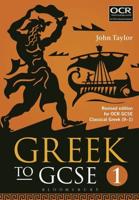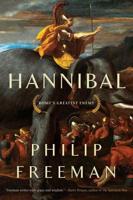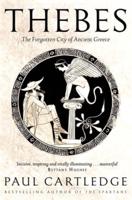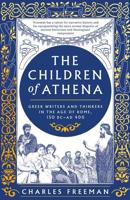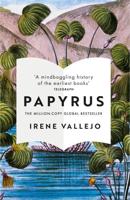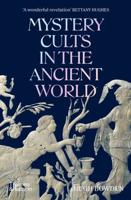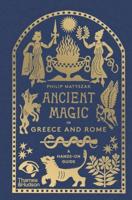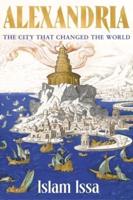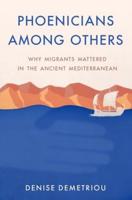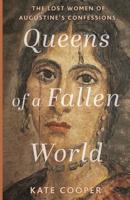Publisher's Synopsis
The tale of Boris Godunov-tsar, usurper, tsarecide-dating from the early seventeenth-century Time of Troubles, inspired three major nineteenth-century Russian cultural expressions: in history by Nikolai Karamzin, in drama by Alexander Pushkin, and in opera by Modest Musorgsky. Each of these famous creations was a vehicle for generic innovation, in which a specifically Russian concept of genre was asserted in opposition to the reigning European models: German historiography, French melodrama, and Italian opera. Within a Bakhtinian framework, Caryl Emerson explores these three versions of the Boris Tale, the context of their genesis, and their complex interrelationships.


